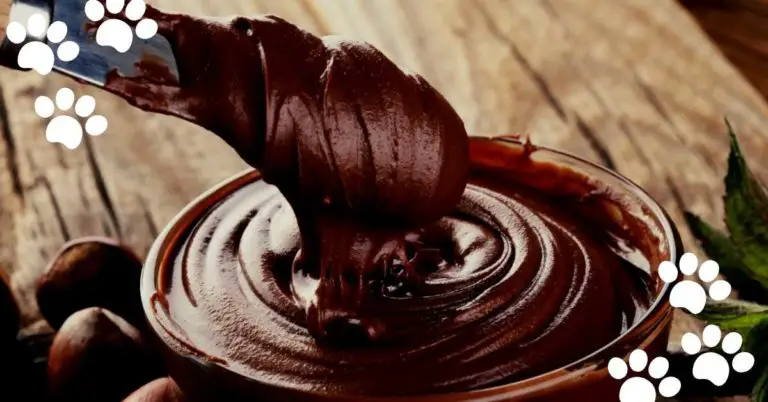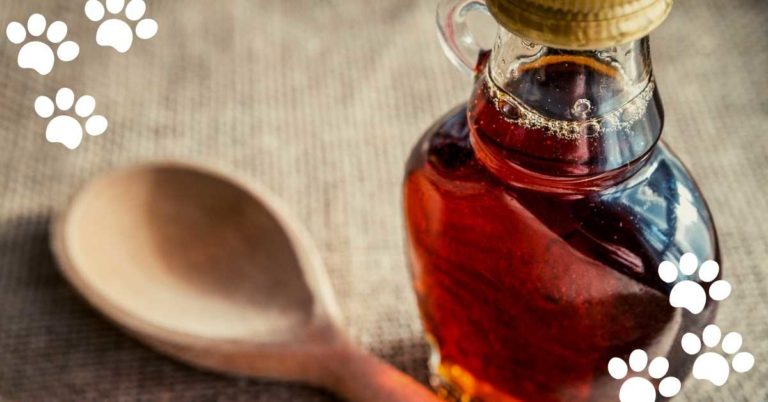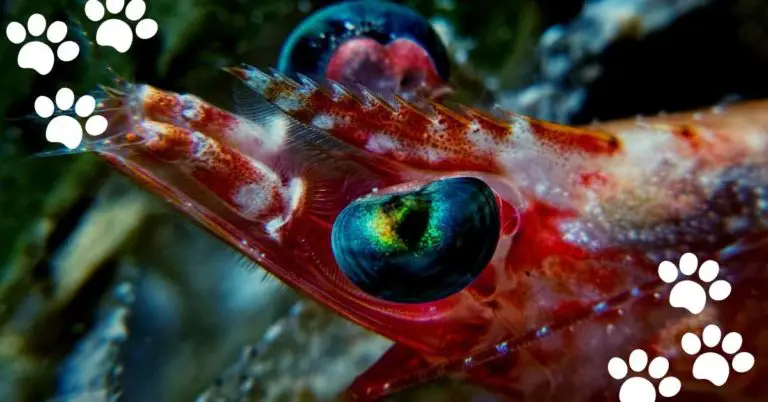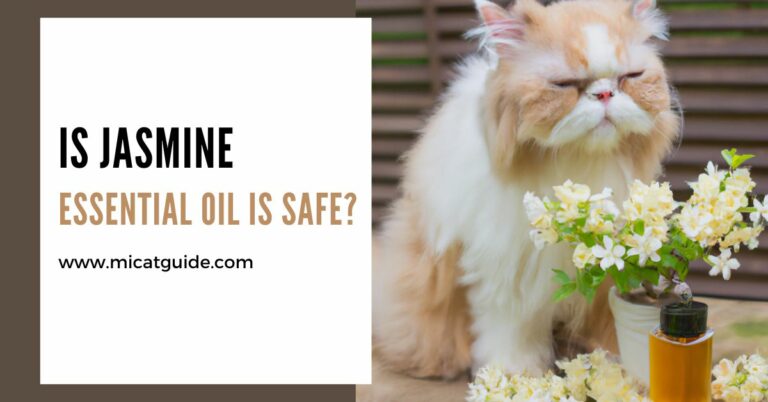Why Does My Kitten Sound Like a Motor?
Do you have a kitten that makes strange noises? It might sound like a motor or a diesel engine. Don’t worry, your kitten is not possessed – it’s just purring! Kittens learn to purr when they are very young, and it becomes a habit for them.
Purring is a way for kittens to communicate with their mothers, and it also makes them feel happy and secure. In this blog post, we will explore the science of purring and find out why kittens make those strange noises!
What is Purring?
Cats are known for their unique purring sound, but have you ever wondered what exactly is cat purring? While the jury is still out on the exact mechanisms behind purring, it is generally believed that cats produce the sound by vibrating their vocal cords at a frequency of around 20-140 Hz.
This low frequency is similar to that of many engines and has been shown to have a calming effect on both humans and other animals.
In fact, some studies have even suggested that exposure to purring can help to reduce stress, lower blood pressure, and improve healing rates.
So next time your cat starts to purr, take a moment to appreciate the soothing sound and all the benefits that come with it.
Why Does My Kitten Sound Like a Motor?

There are few things more adorable than a kitten’s purr. But sometimes, that purr can sound more like a revving engine than a cute little kitty noise. If you’re wondering why your kitten sounds like a motor, there are a few possible explanations.
First, it could be simply due to excitement or pleasure. When cats are content, they often purr as a way of self-soothing and showing contentment.
However, kittens are often more vocal than adult cats, so it’s not unusual for their purrs to be louder and more insistent. Additionally, some experts believe that purring may also help kittens bond with their mothers and litter-mates.
Another possibility is that your kitten is trying to soothe an upset stomach. If your kitten is purring excessively and also making other strange noises, it’s best to take them to the vet to rule out any health problems.
The Science of Purring
As we mentioned before, the science behind purring is still somewhat of a mystery. However, there are a few theories that help to explain how cats produce this low, rumbling sound.
One theory suggests that cats purr by contracting the muscles in their larynx, which then vibrates the vocal cords. Another possibility is that cats Purr by using a “twin muscle” system. This means that while one set of muscles contracts to open the glottis (the opening between the vocal cords), another set of muscles contracts to close it.
This rapid opening and closing of the glottis produces the characteristic purring sound. However, more research is needed to confirm exactly how cats produce this unique noise.
How Purring Benefits Kittens?
When a kitten purrs, it’s not just expressing contentment – the vibration of their purr has several benefits for their health. For one thing, purring helps kittens to build strong bones and muscles.
The low frequency of the purr causes vibrations in the kittens’ bones and muscles, which helps to stimulate growth and repair. Purring also helps kittens to heal from injuries and illness.
The vibrations caused by purring can boost blood flow and help to reduce inflammation. In addition, purring is known to have a calming effect, which can help kittens to cope with stress.
So next time you hear a kitten Purring, know that they’re not just expressing happiness – they’re also giving themselves a little health boost.
Tips for Caring for a Kitten that Purrs
If you’ve ever had the pleasure of hearing a kitten purr, you know how enchanting it can be. But did you know that there’s more to this cute little sound than meets the ear?
In fact, scientists have found that purring can have some pretty amazing health benefits – for both cats and their owners. Here are a few tips for keeping your kitten purring:
1. Encourage playtime
Kittens are naturally playful creatures, so encourage your kitten to burn off some energy with toys and games. Not only will this help keep them fit and healthy, but it will also give them a chance to practice their purring skills!
2. Make mealtimes special
A healthy diet is essential for all cats, but it’s especially important for kittens. Make sure to provide your kitten with a nutritious diet that includes plenty of protein and essential vitamins and minerals.
3. Create a calm environment
A quiet, stress-free environment will help keep your kitten purring. Consider playing soft music or investing in an automatic litter box to make life easier for your furry friend.
Conclusion
Purring is a cute and endearing trait of kittens, but it also serves an important purpose. Next time you hear your kitten purring, take a moment to appreciate the science behind this amazing sound.
And if you’re looking for ways to encourage your kitten to purr more, try incorporating some of the tips above into your daily routine. Your kitten will be sure to thank you!






